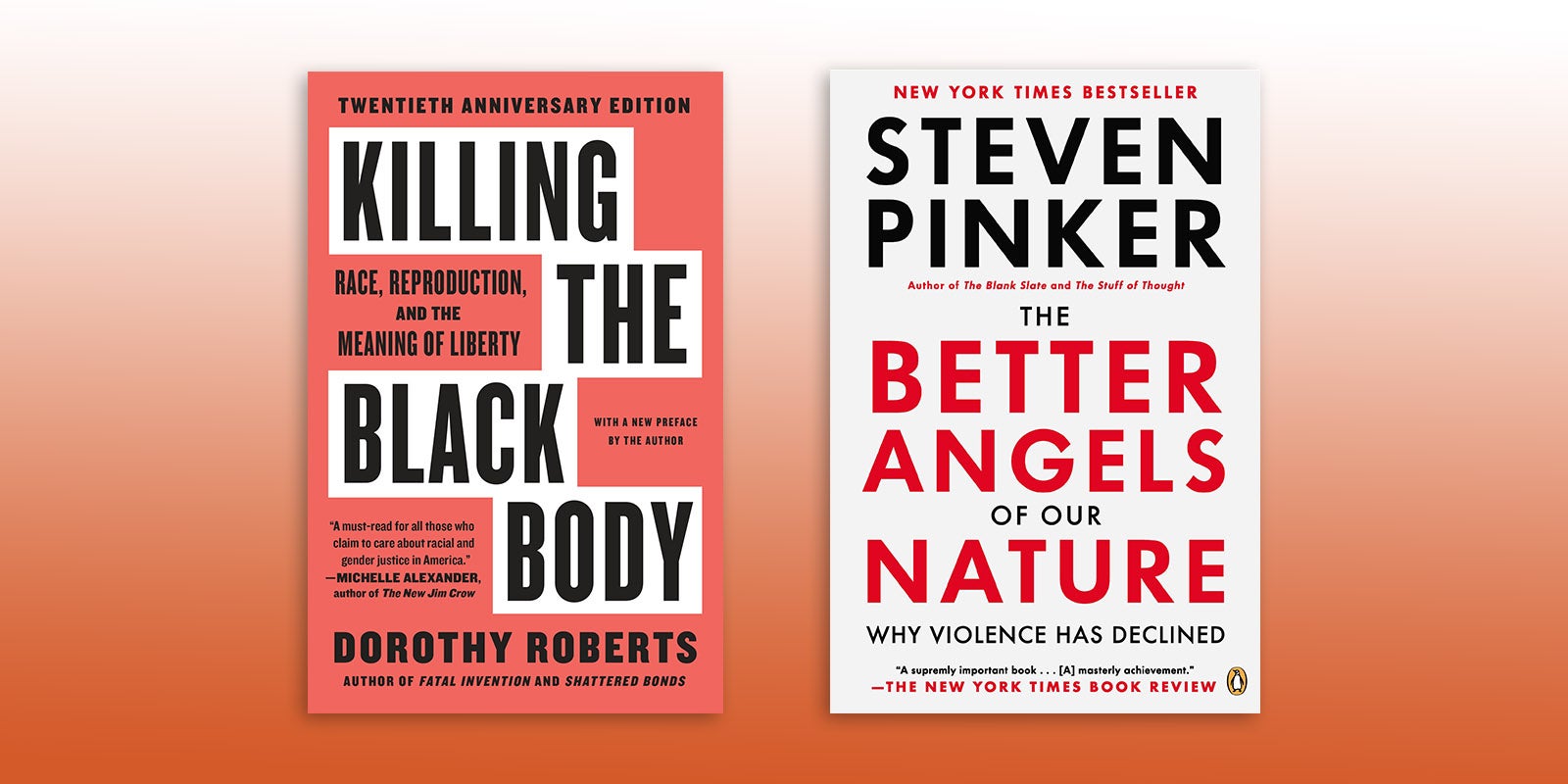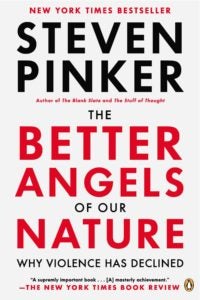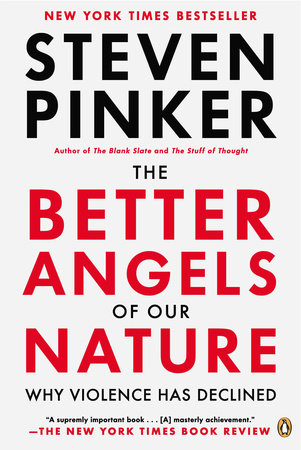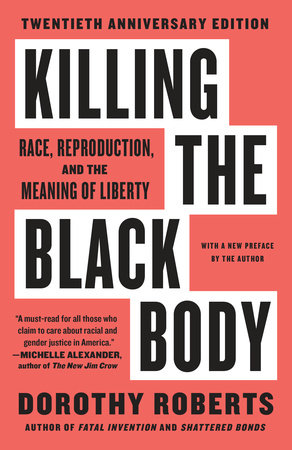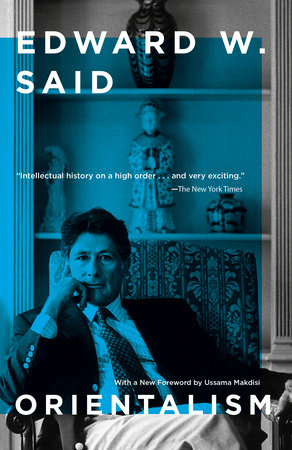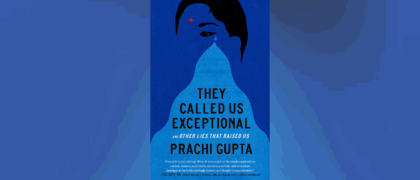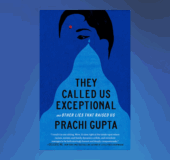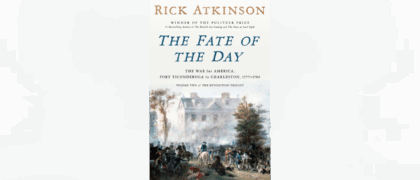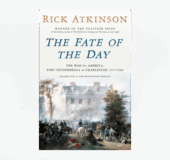The Chronicle of Higher Education asked scholars that very question.
Each year, more than 15,000 academic books are published in North America. A scant few will reach beyond their core audience of disciplinary specialists. Fewer still will enter the public consciousness.
We invited scholars from across the academy to tell us what they saw as the most influential book published in the past 20 years. (Some respondents named books slightly outside our time frame, but we included them anyway.) We asked them to select books — academic or not, but written by scholars — from within or outside their own fields. It was up to our respondents to define ‘influential,’ but we asked them to explain why they chose the books they did. Here are their answers.
Steven Pinker’s THE BETTER ANGELS OF OUR NATURE and Dorothy Roberts’ KILLING THE BLACK BODY were among those selected and discussed.
“Better Angels defends, at great length, a controversial claim, which is that violence is declining, both in the short run and the long run — and so, in a very important way, the world is getting better. Pinker is far from the first to make this argument, but he presents the most persuasive case. Better Angels also explores, at equally great length, psychological and social theories for why this is so, and illustrates that an evolutionary-psychology approach to the mind can give us considerable insight into how societies change over time.”
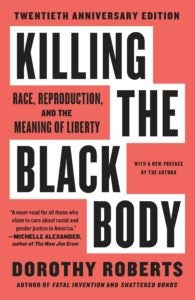
“Killing the Black Body is focused on issues of motherhood and reproductive rights, but Roberts’s method does more than tell that single story. She places poor women who are black at the center of a many-sided cultural conversation. The book is a ‘how to’ manual for productively crossing disciplinary boundaries in pursuit of a rigorous narrative. By the last page, we grasp how and why social panic, cultural beliefs, and government policies led to the forced sterilization of black women in the name of public safety, and forcibly separated black children from their families in the name of national security.”
ORIENTALISM by Edward W. Said is also mentioned as, “A book that many would say inaugurated the field of postcolonial studies.”

